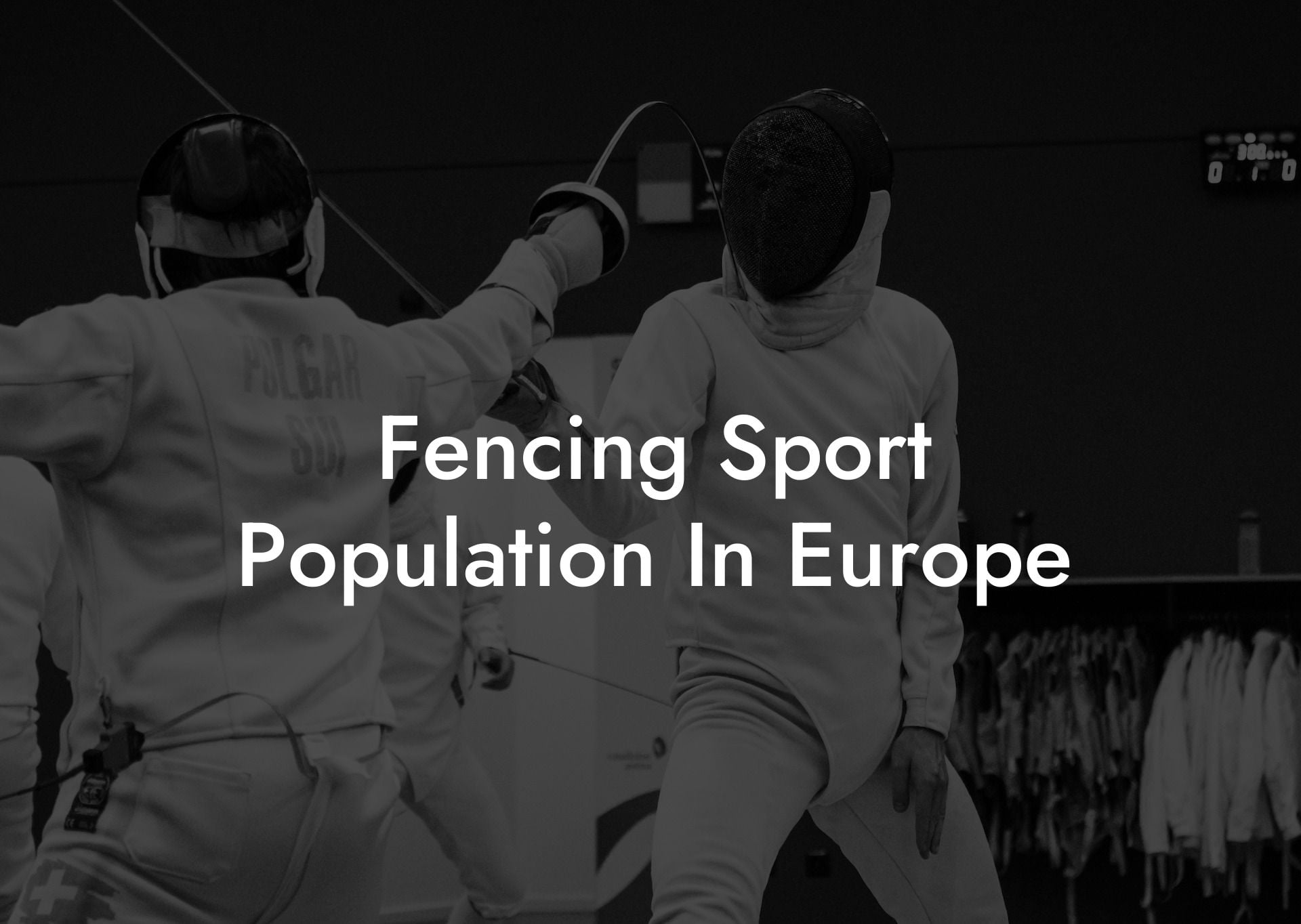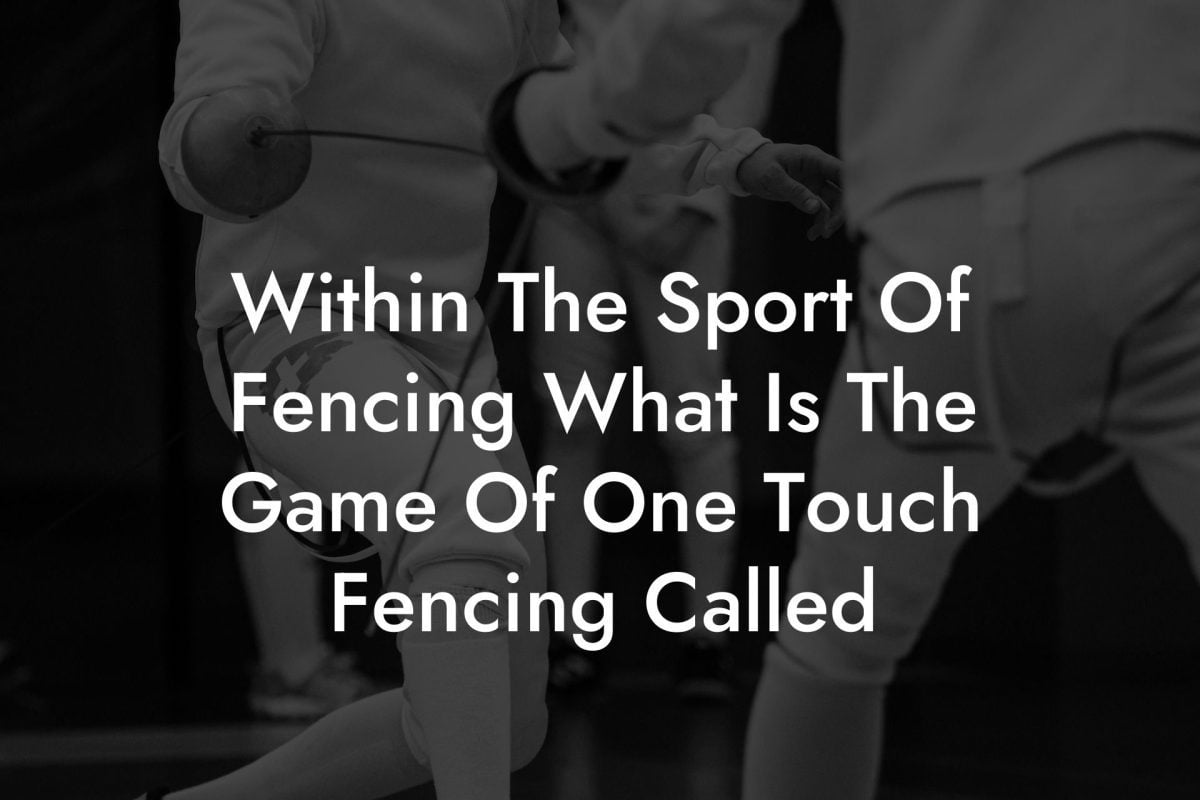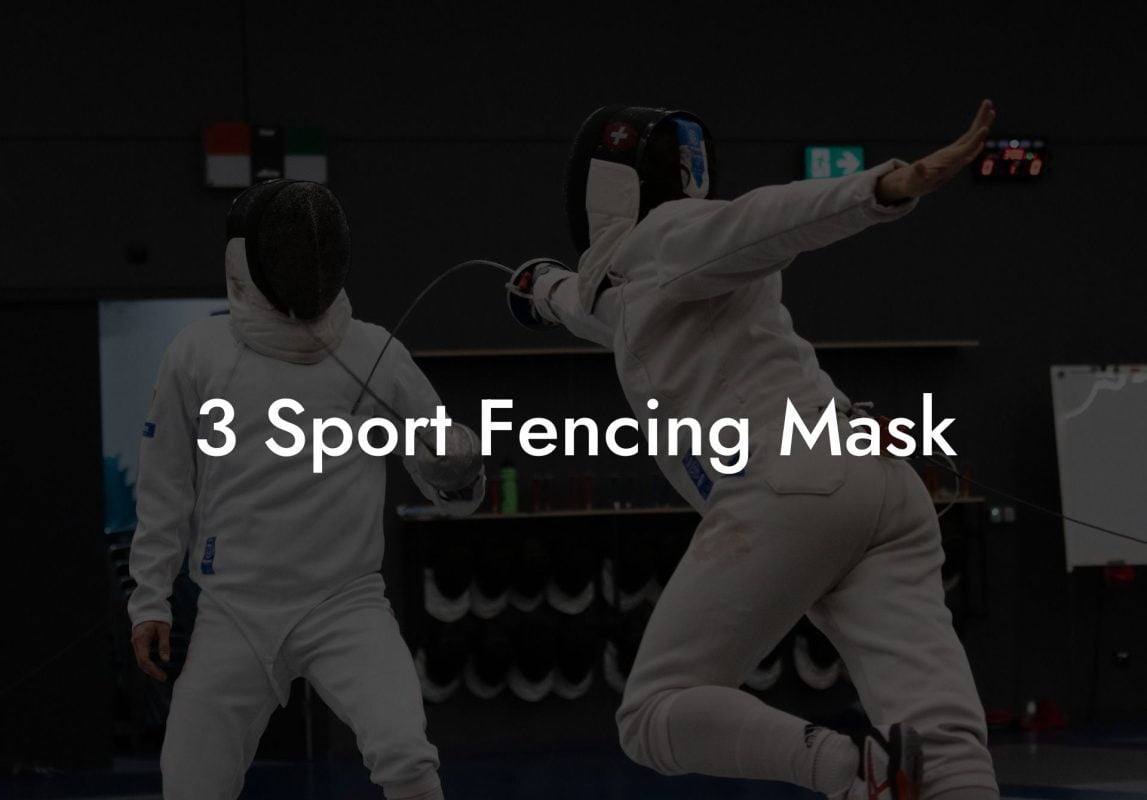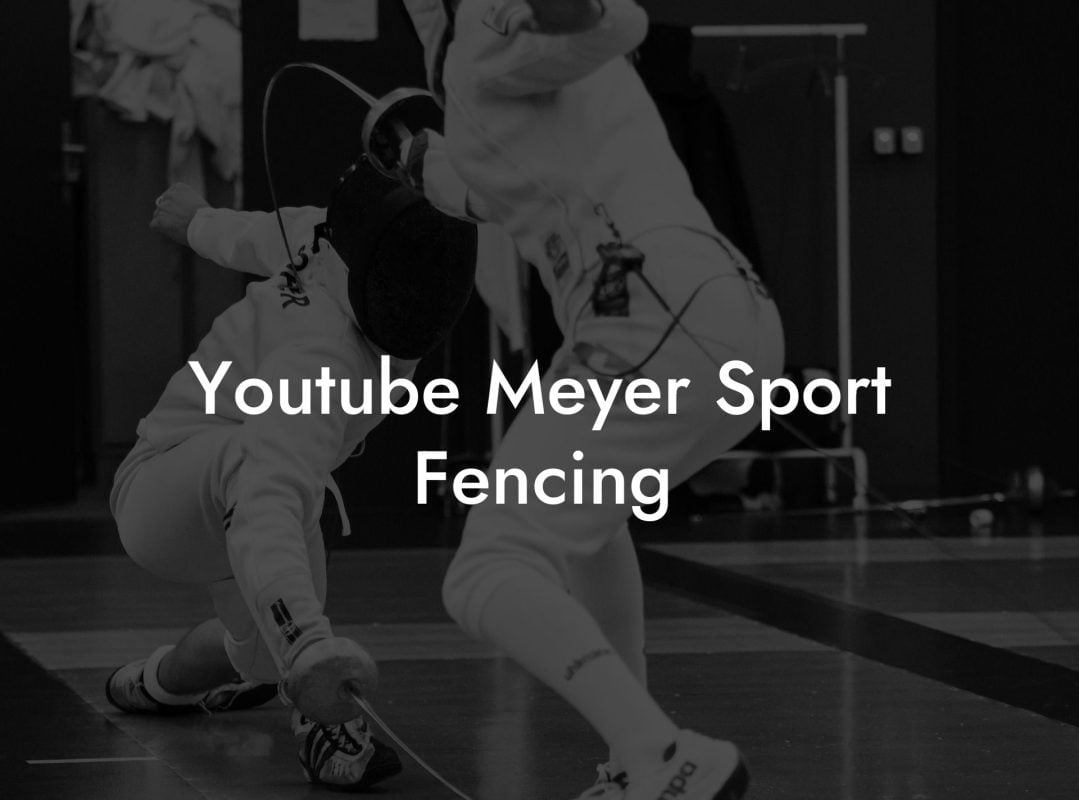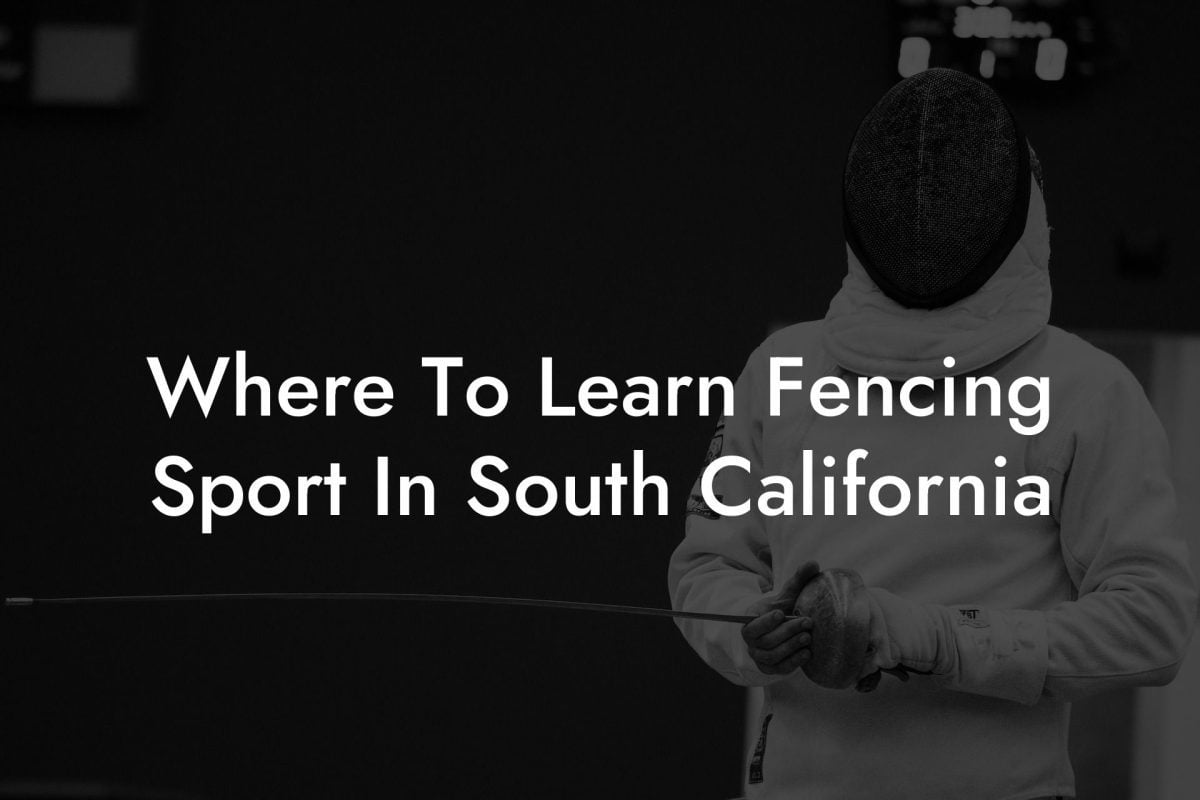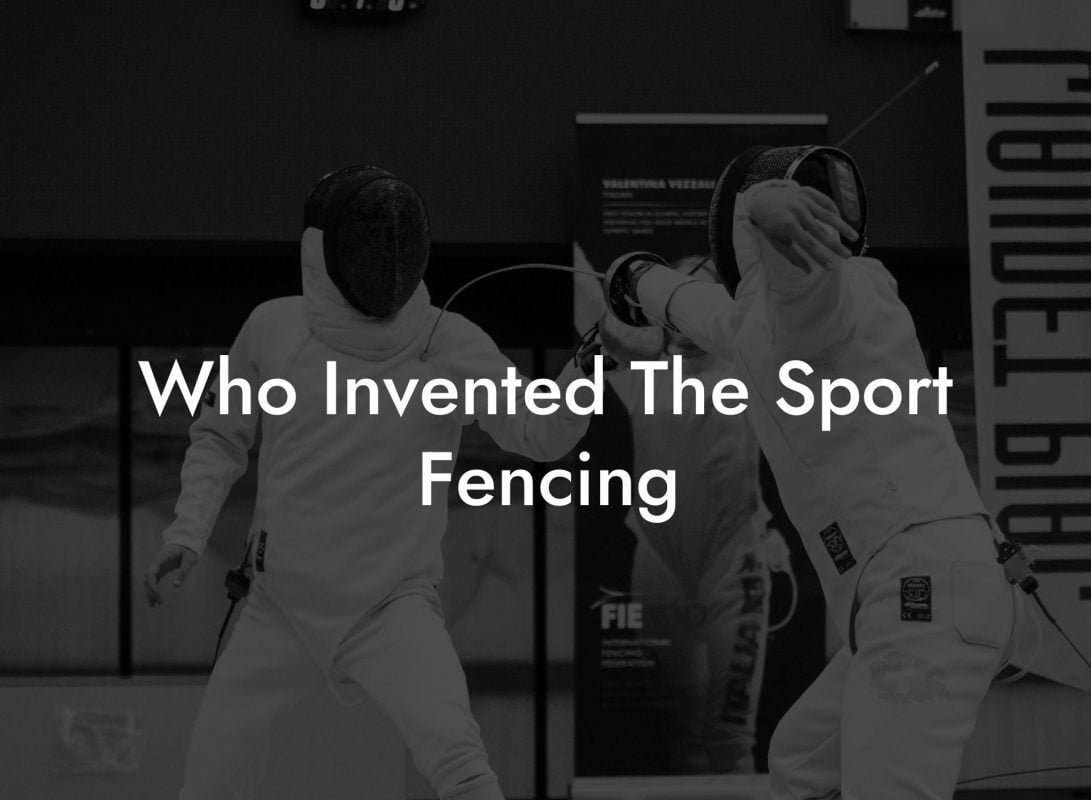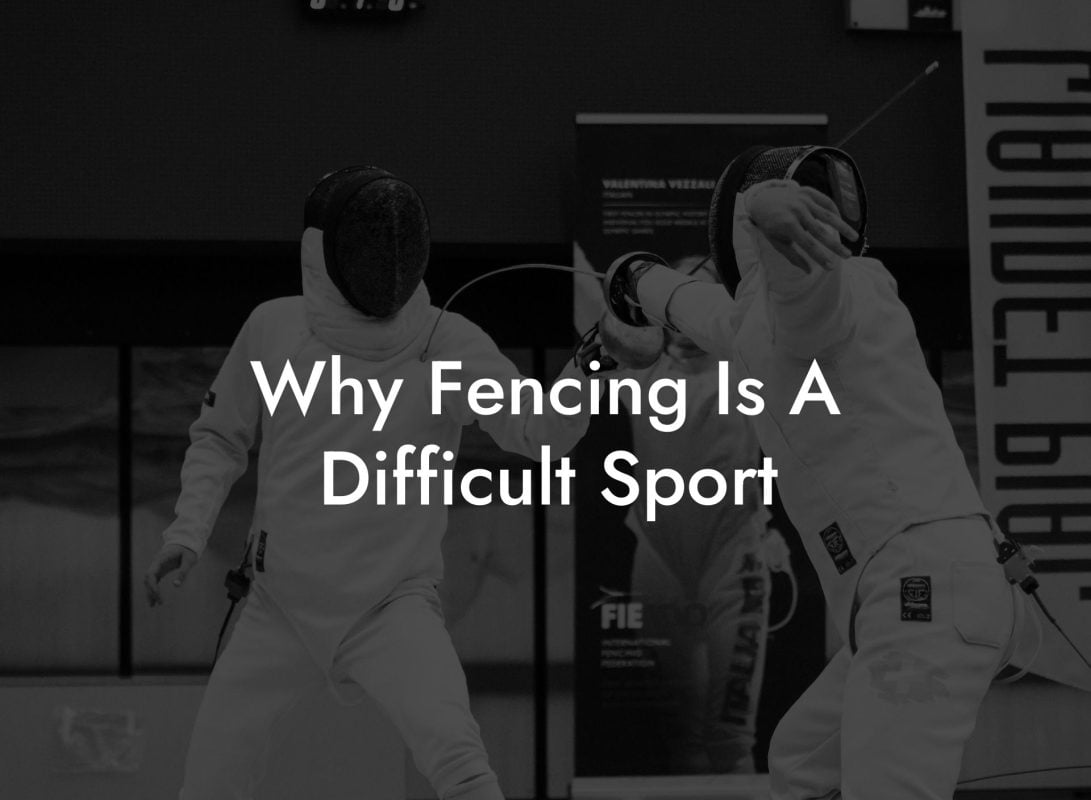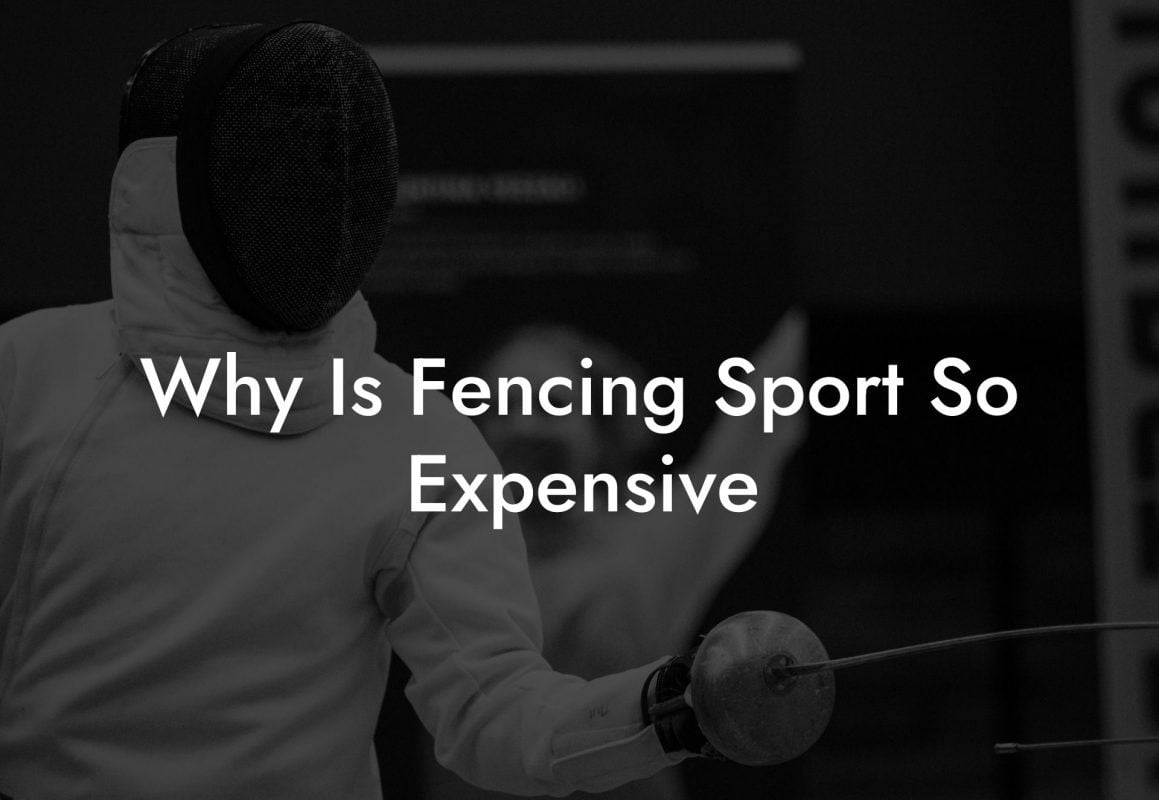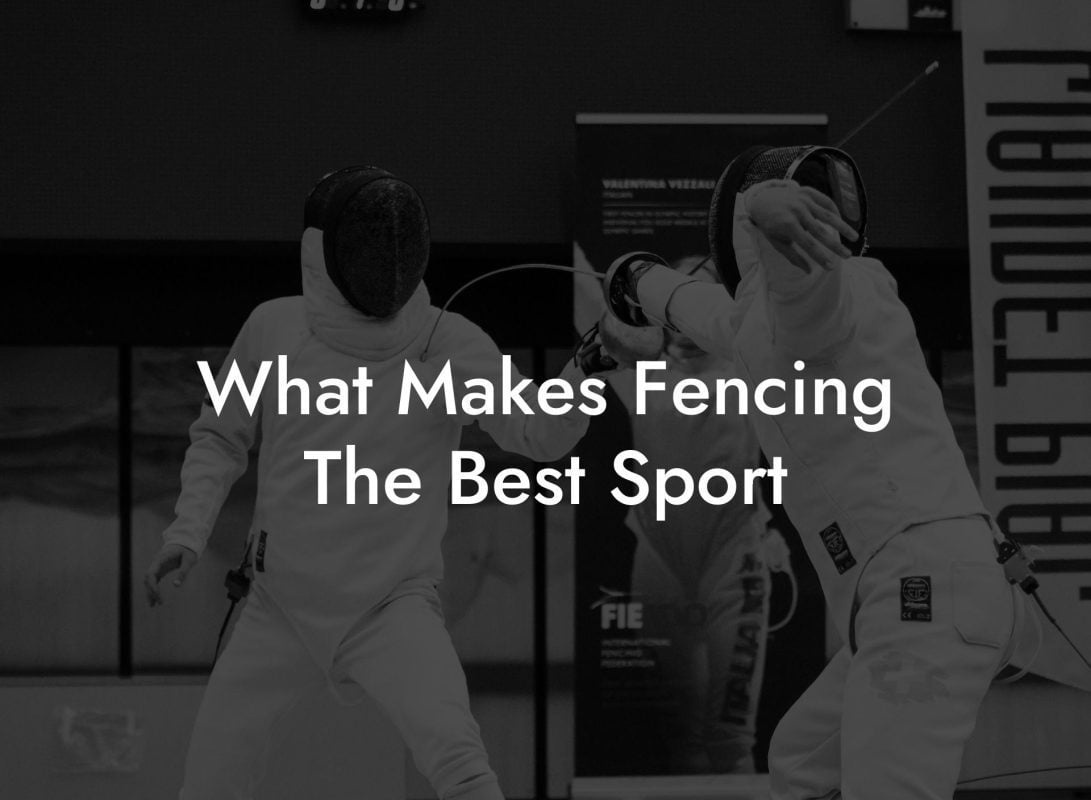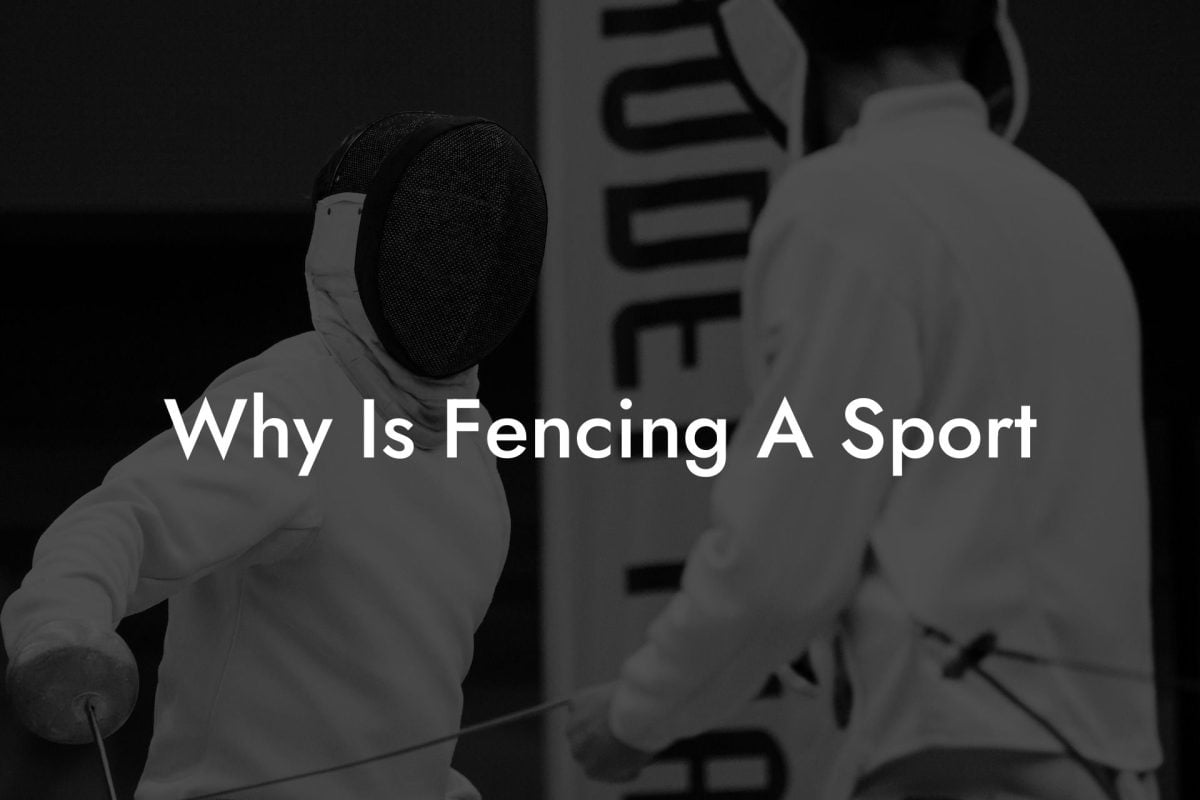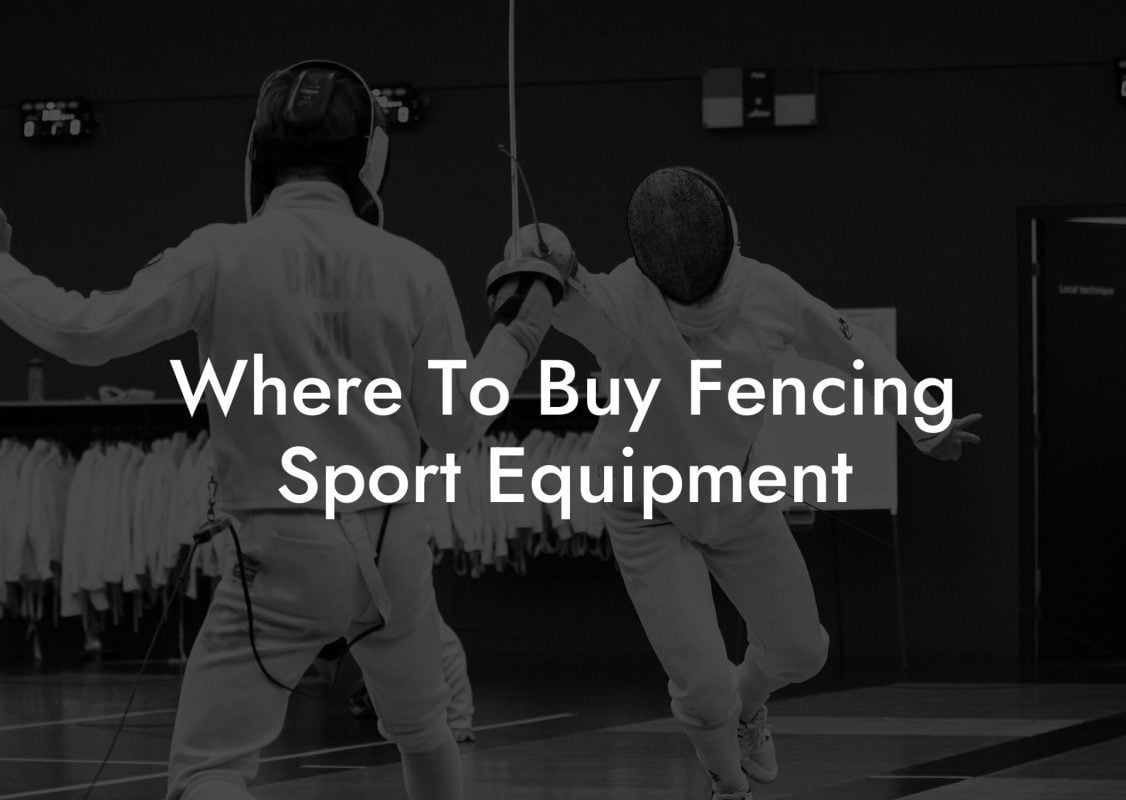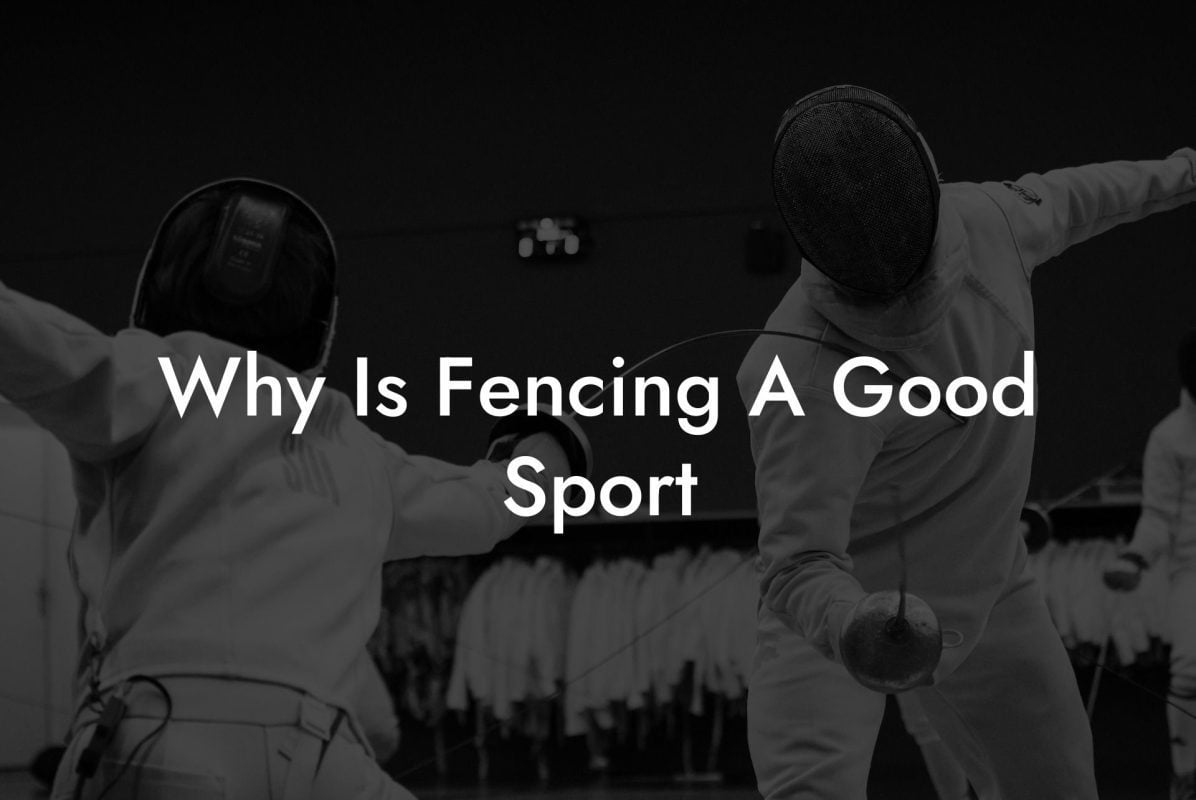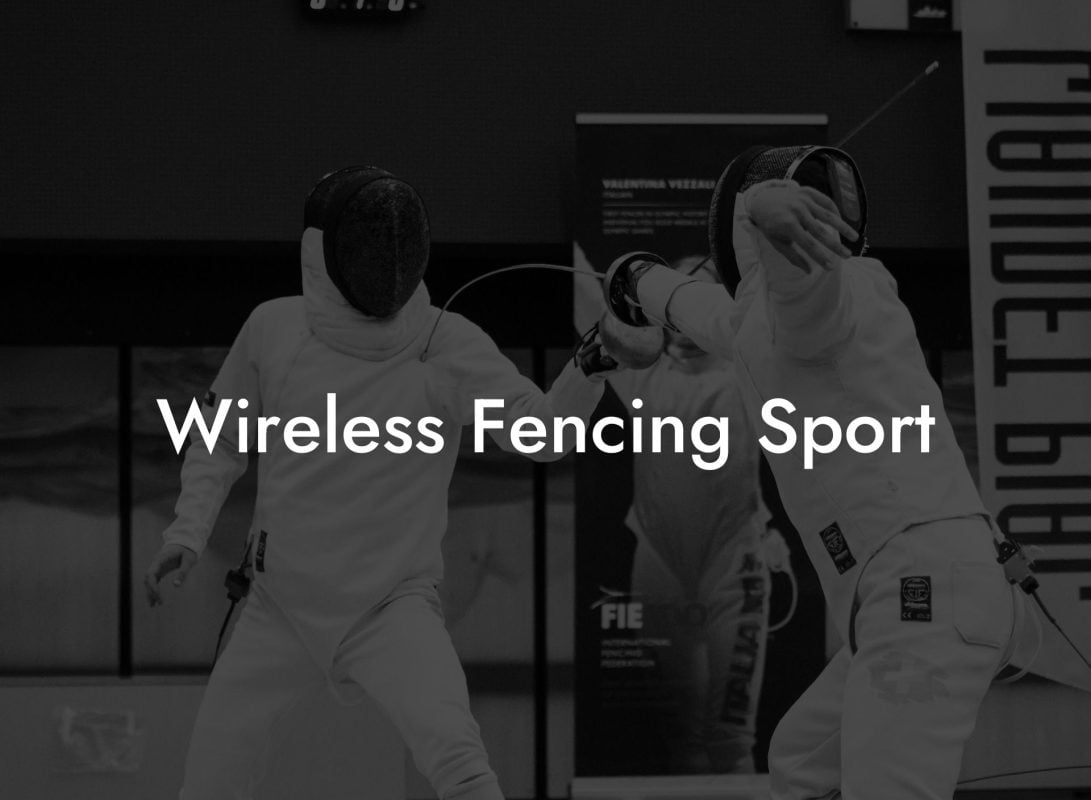Discover the intriguing world of fencing! From swashbuckling pirates to modern Olympic athletes, the art of fencing is a captivating sport enjoyed by many throughout history. In this article, we explore the modern fencing sport population in Europe, delving into its growth, popularity, and impact on the sport worldwide. Join us as we take an exciting journey into the thrilling sport of fencing and keep your interest en garde!
Fencing Sport Population In Europe Table of Contents
The Growth of Fencing in Europe
The Growth of Fencing in Europe
Fencing sport has experienced steady growth in Europe over the years, attracting enthusiasts of all ages and skill levels. With its origins rooted in European history, it's no surprise that the region boasts a strong fencing community. The sport has flourished, thanks to the efforts of various fencing clubs, coaches, and athletes who have contributed to the development of the sport across Europe.
Increasing Participation in Fencing Clubs
Fencing clubs are the heart of the fencing community, providing a space for fencers to train, improve their skills, and compete. The number of clubs throughout Europe has grown significantly over time, with many national sport organizations and local communities supporting their establishment.
Success in International Competitions
European fencers consistently dominate the global competitive arena, consistently achieving notable results in world championships and Olympic Games. With the home-ground advantage, and standardised coaching and training facilities, Europe has created a powerhouse of skilled, dedicated, and passionate fencing athletes.
The Role of European Fencing Confederation
The European Fencing Confederation (EFC), established in 1991, aims to promote and develop fencing throughout Europe. With its 44 member federations, the EFC plays an integral part in the European fencing community, fostering collaboration between countries and regulating a calendar of competitions and tournaments.
Popular Fencing Disciplines in Europe
European fencing comprises three major disciplines—foil, épée, and sabre, each with its unique set of rules, techniques, and equipment. While all three disciplines are popular across Europe, regional preferences often lean towards one or another discipline.
- Foil: Foil fencing is a popular discipline in countries such as France and Italy, boasting deep, year-round competitive scenes. Foil is known for its emphasis on strategy and precision, making it an engaging discipline for practitioners and spectators alike.
- Épée: As the descendant of the historical rapier, this discipline enjoys significant popularity in countries like Hungary, Russia, and Germany. Épée fencing focuses on clean, direct attacks with a larger target area, creating dynamic, fast-paced bouts.
- Sabre: With its roots in the cavalry sword, sabre fencing is highly popular in Eastern European countries, particularly Hungary and Russia. As a cutting and thrusting weapon, sabre bouts often see lightning-fast exchange of strikes and an aggressive playstyle.
Notable European Fencers
Europe has produced many world-class fencers, both past and present, who have left their mark on the sport. Some of the most notable European fencers include:
- Aldo Nadi (Italy) – A legendary foil fencer and Olympic champion, revered for his skill and intelligence on the fencing strip.
- Ildikó Rejtő (Hungary) – A highly decorated épée and foil fencer, winning multiple Olympic and world championship medals.
- Sergei Golubitsky (Ukraine) – A world-class foil fencer, respected for his formidable technique and consistent success in international competitions.
- Sophia Velikaia (Russia) – A modern sabre powerhouse, achieving numerous European and world championship titles.
Fencing Sport Population In Europe Example:
Imagine walking into a fencing club in France, greeted by the unmistakable sound of clashing blades, the low hum of focused conversations, and the electric energy of competition. Foil fencers practice lunges and parries with precise footwork, guided by an experienced coach who reinforces the importance of strategy and timing. Nearby, épée fencers work on perfecting their accuracy and point control. And in the distance, sabre fencers engage in lightning-fast exchanges, each point won by mere fractions of a second. This is the dynamic world of European fencing, captivated by centuries-old traditions and passionate communities.
We hope you've enjoyed exploring the fencing sport population in Europe and learning about its growth, impact, and significance. With a strong legacy and continued advancement, the European fencing community promises to inspire and shape the sport for generations to come. Don't forget to share this article with fellow fencing enthusiasts and explore the wealth of knowledge available in other guides on Anchorage Fencing Club for a better understanding of this captivating sport. En garde!

